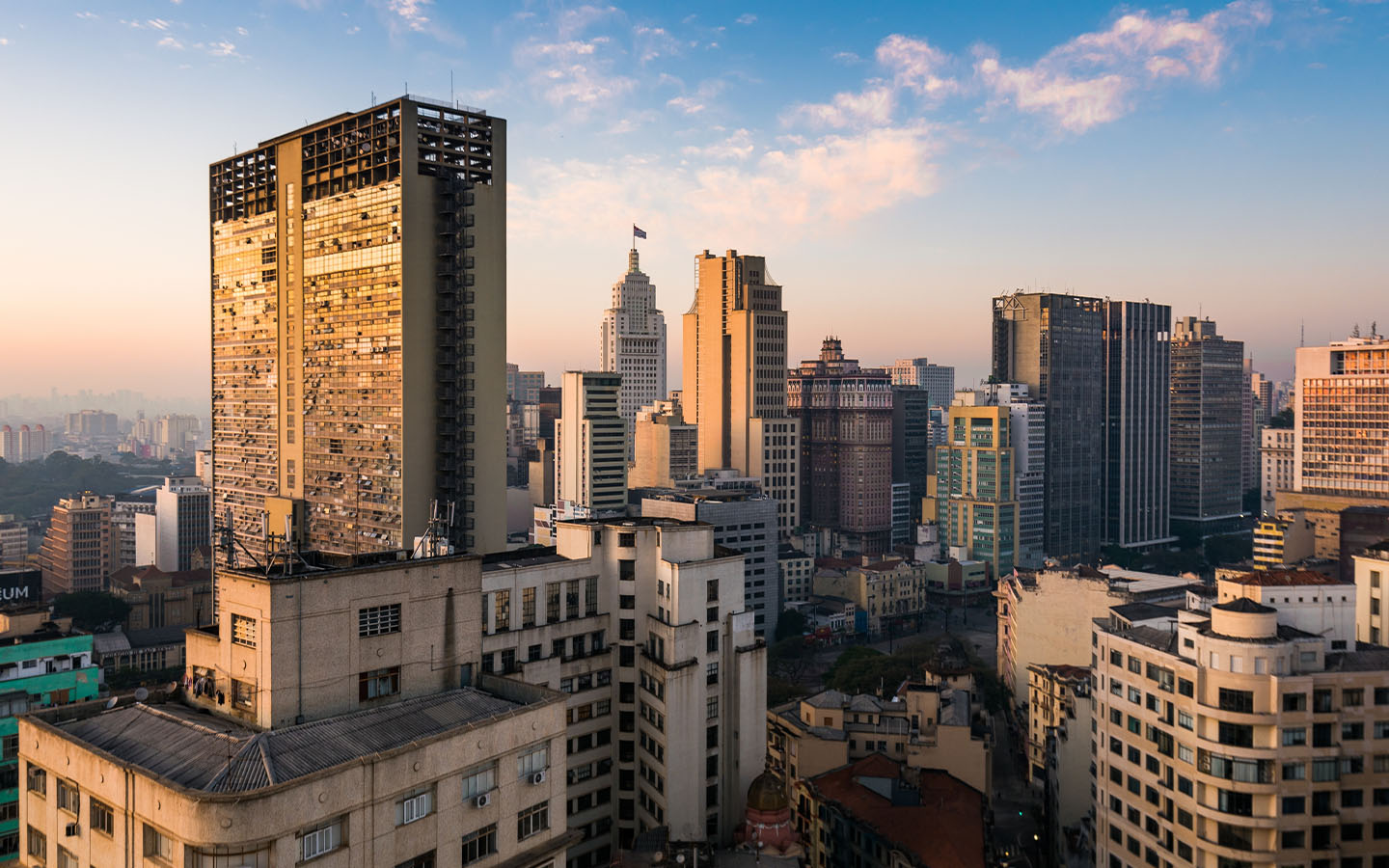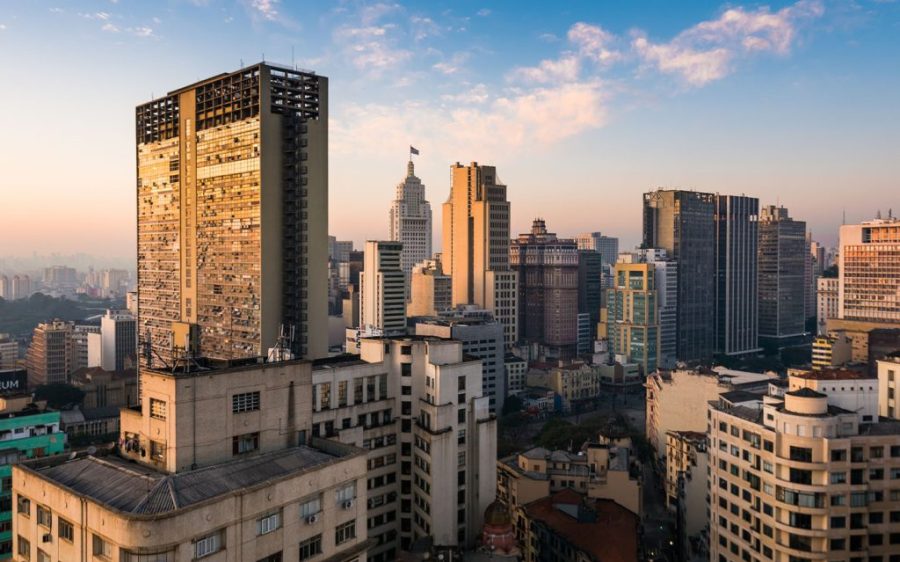Amid escalating trade instability emanating from the US, China is expanding investments in longtime ally Brazil, reports CLBrief.
Brazil was the second-largest destination for Chinese investment in the first half of 2025, according to the China Global Investment Tracker, a monitoring platform published by the centre-right think tank American Enterprise Institute (AEI). Chinese companies invested US$22 billion worldwide between January and June of this year, 10 percent of which went to Brazil. Only Indonesia, with US$2.59 billion in Chinese investment, drew more, although the figure represents a sharp decline of nearly 23 percent compared to the same period in 2024. Investment in Brazil grew, up 5.3 percent from the first half of 2024 to US$2.2 billion.
The trade war launched by US President Donald Trump in April may reinforce the investment focus, experts told O Globo, as the mercurial US leader slapped both countries with steep tariff hikes.
[See more: China supports Brazil in fight against ‘arbitrary’ US tariffs]
Chinese interest in Brazil is nothing new, however, with data from the Brazil-China Business Council (CEBC) showing that Brazil ranked fourth in Chinese investment between 2007 and 2023, taking in US$66 billion. Much of that investment has been concentrated in strategic sectors, such as energy, infrastructure, agribusiness and technology, transforming Brazil’s productive base and creating skilled jobs across the country.
Between 2007 and 2022, China poured US$32.5 billion into Brazil’s energy sector with state-owned companies taking on major projects like the record-breaking Belo Monte transmission line, connecting its namesake dam in Pará to states in the densely populated south. More recent years have seen a spike in infrastructure investment, totalling US$25 billion between 2019 and 2024, focused on improving efficiency and modernising logistics. Notable projects include the ports of São Luís (Maranhão) and Miritituba (Pará), as well as the West-East Integration Railway (FIOL) aimed at linking Brazil to a Chinese-built deepwater port in Peru – neatly avoiding the now-contentious Panama Canal.
Mobility is another focus, with Chinese auto giant BYD opening its Camaçari (Bahia) factory in July, quickly followed by the launch of GWM’s Iracemápolis (São Paulo) factory earlier this month. Both companies are focused on developing domestic supply chains, adding thousands of indirect jobs to the direct jobs created. China is also advancing cooperation in agribusiness, partnering in the areas such as biotechnology, precision agriculture and drone use.






